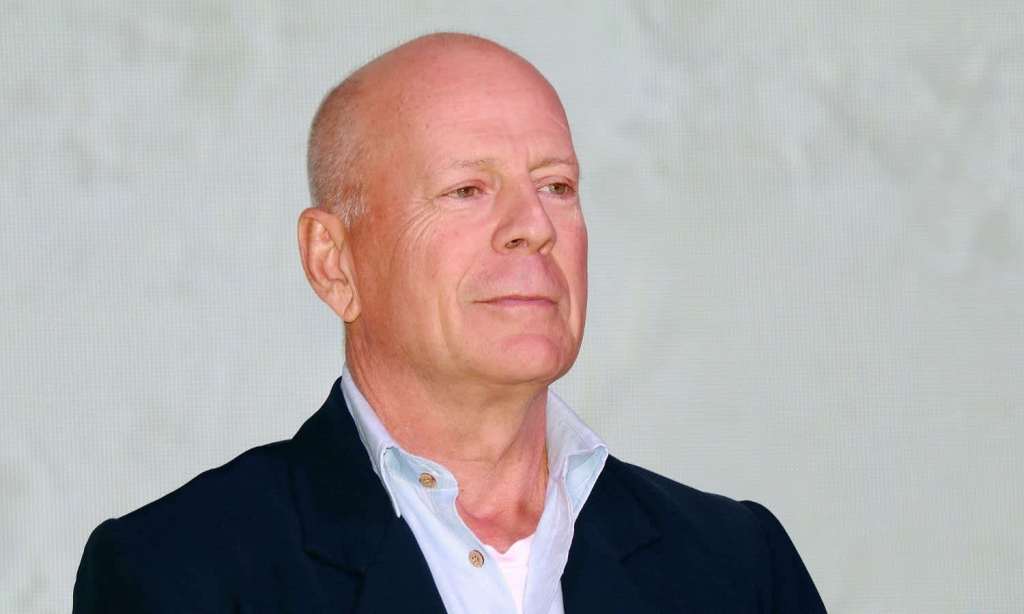In very sad news, Bruce Willis is taking time out from his acting career following a diagnosis of aphasia.
The actor’s family made the announcement via a statement posted to social media which read: “To Bruce’s amazing supporters, as a family we wanted to share that our beloved Bruce has been experiencing some health issues and has recently been diagnosed with aphasia, which is impacting his cognitive abilities.
“As a result of this and with much consideration, Bruce is stepping away from the career that has meant so much to him.”
View this post on Instagram
Willis, 66, is one of the most recognisable actors in the world, having starred in some of the biggest blockbusters of the 21st century. He is of course, incredibly well known for his role as John McClane in the iconic Die Hard franchise — the part that made him a household name when the first film came out in 1988.
Other huge tentpoles that the actor has fronted include The Fifth Element (1997), Armageddon (1998) and The Sixth Sense (1999). Willis’ other classics include The Last Boy Scout (1991), Death Becomes Her (1992) Pulp Fiction (1994) and 12 Monkeys (1995).
Willis is also a talented comedic actor, having appeared in the TV series Moonlighting from 1985 to 1989 and in three episodes of Friends as Paul Stevens, a role that earned him an Emmy in 2000.
Willis has received numerous accolades during his career, including a Golden Globe, two Primetime Emmy Awards, and two People’s Choice Awards. He received a star on the Hollywood Walk of Fame in 2006.
He is currently married to model and actress Emma Heming and has five children.
What Is Aphasia?
According to the Mayo Clinic, “Aphasia is a condition that robs you of the ability to communicate. It can affect your ability to speak, write and understand language, both verbal and written.
“Aphasia typically occurs suddenly after a stroke or a head injury. But it can also come on gradually from a slow-growing brain tumour or a disease that causes progressive, permanent damage (degenerative). The severity of aphasia depends on a number of conditions, including the cause and the extent of the brain damage.”
The three kinds of aphasia are Broca’s aphasia, Wernicke’s aphasia, and global aphasia and three interfere with your ability to speak and/or to understand language.
What Are the Symptoms of Aphasia?
The symptoms of aphasia include:
- Speaking in short or incomplete sentences.
- Speaking in sentences that don’t make sense.
- Substituting one word for another or one sound for another.
- Speaking unrecognizable words.
- Not understanding other people’s conversations.
- Writing sentences that don’t make sense.
How Is Aphasia Treated?
The main treatment for aphasia is speech and language therapy which involves the diagnosed person relearning and practising language skills and learning to use other ways to communicate.
Read more stories from The Latch and subscribe to our email newsletter.







